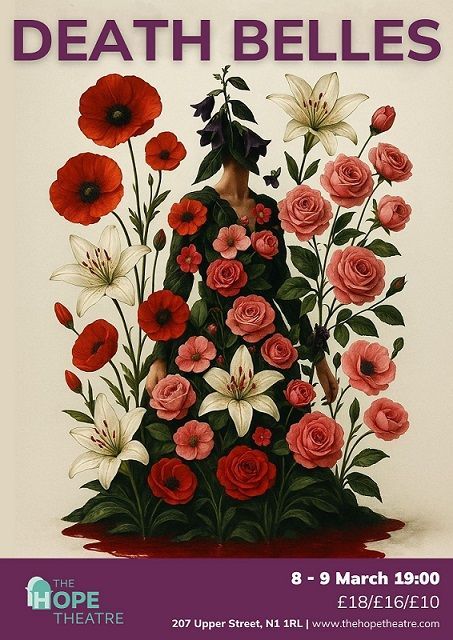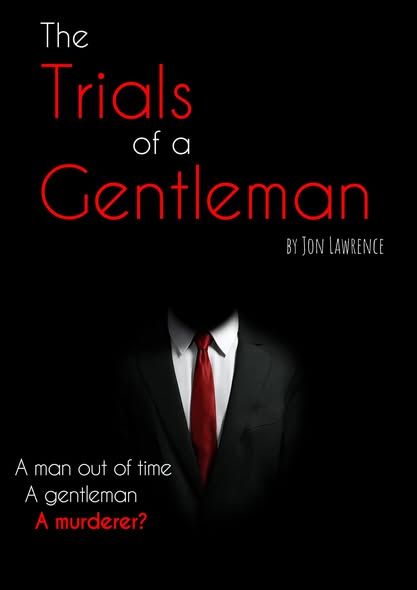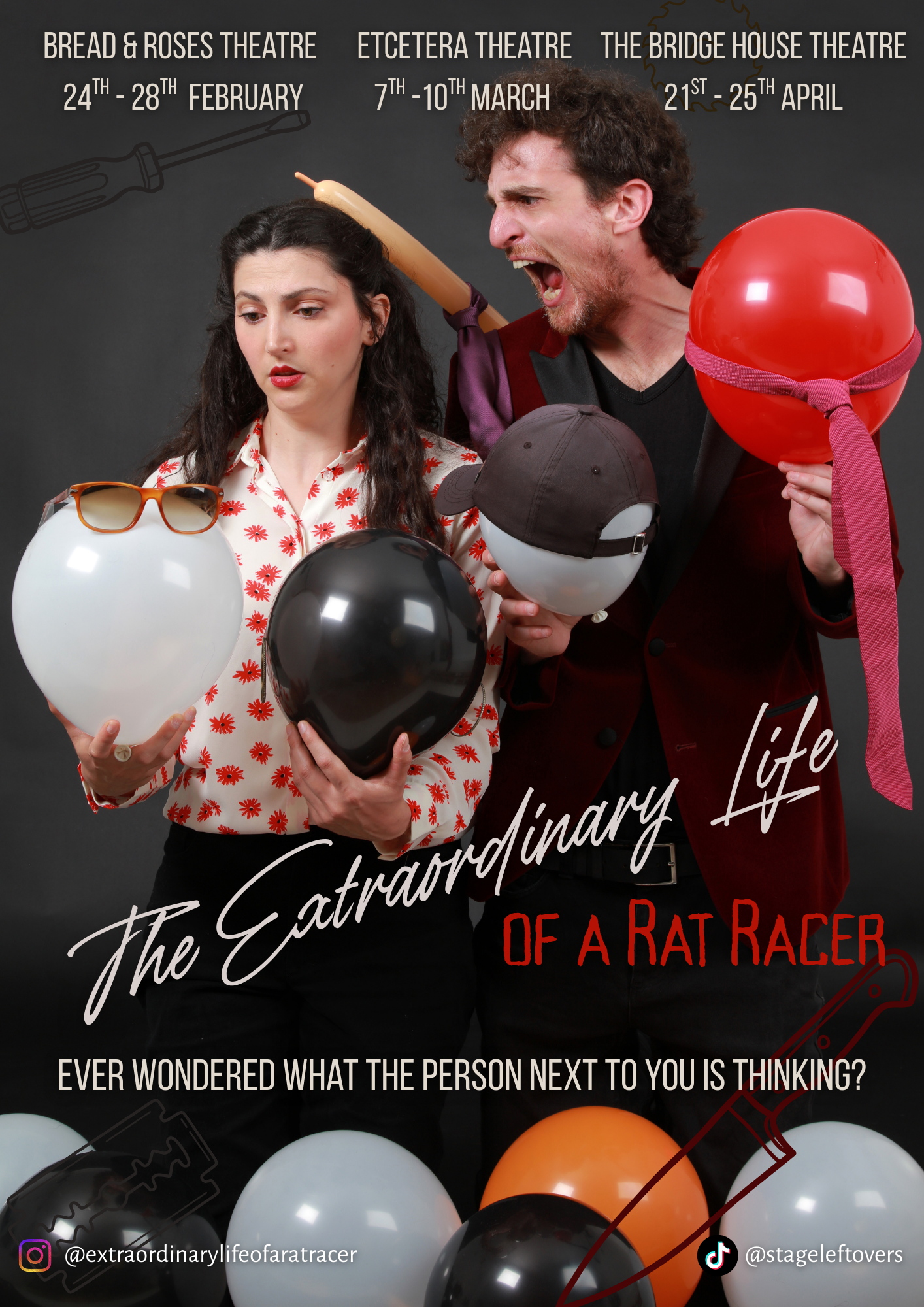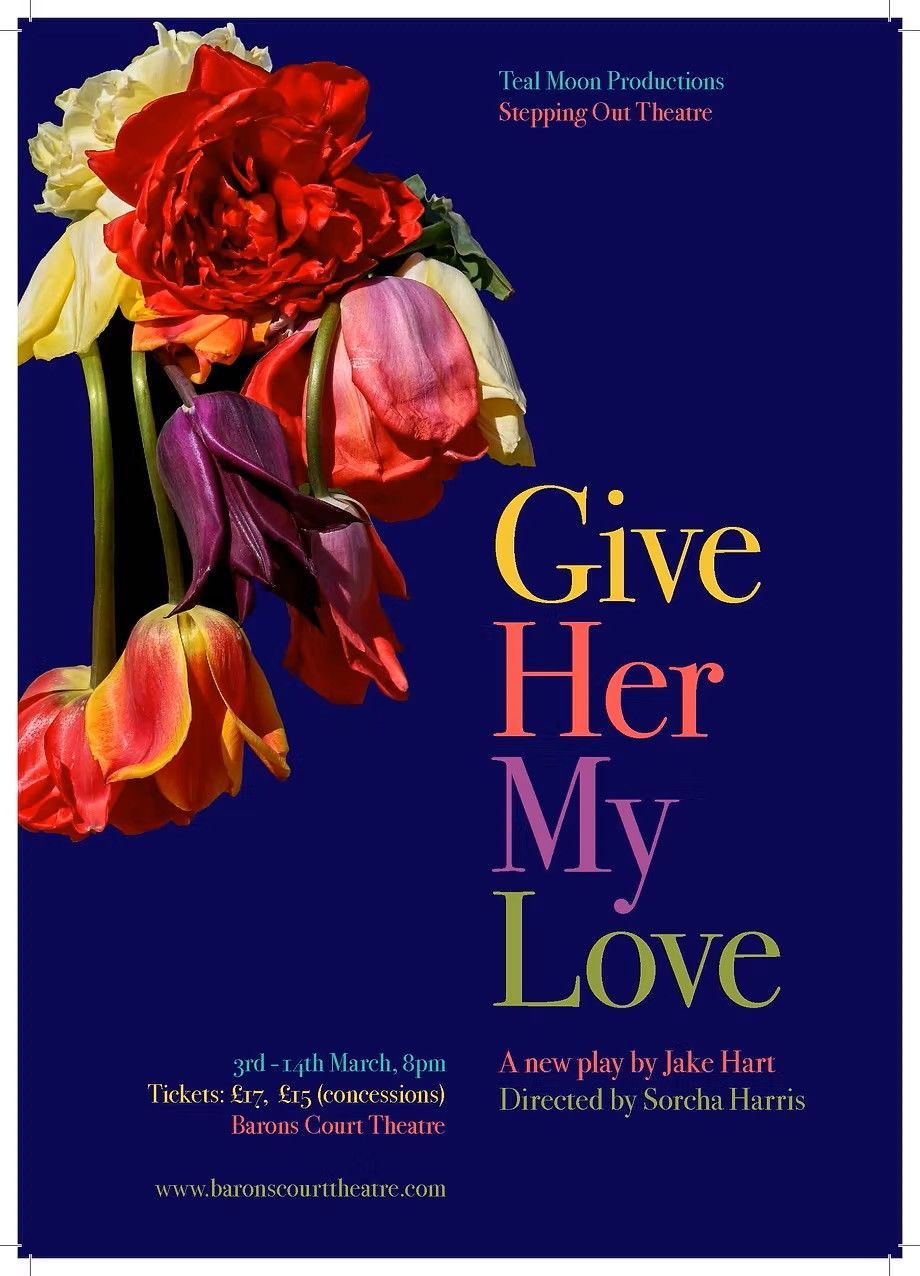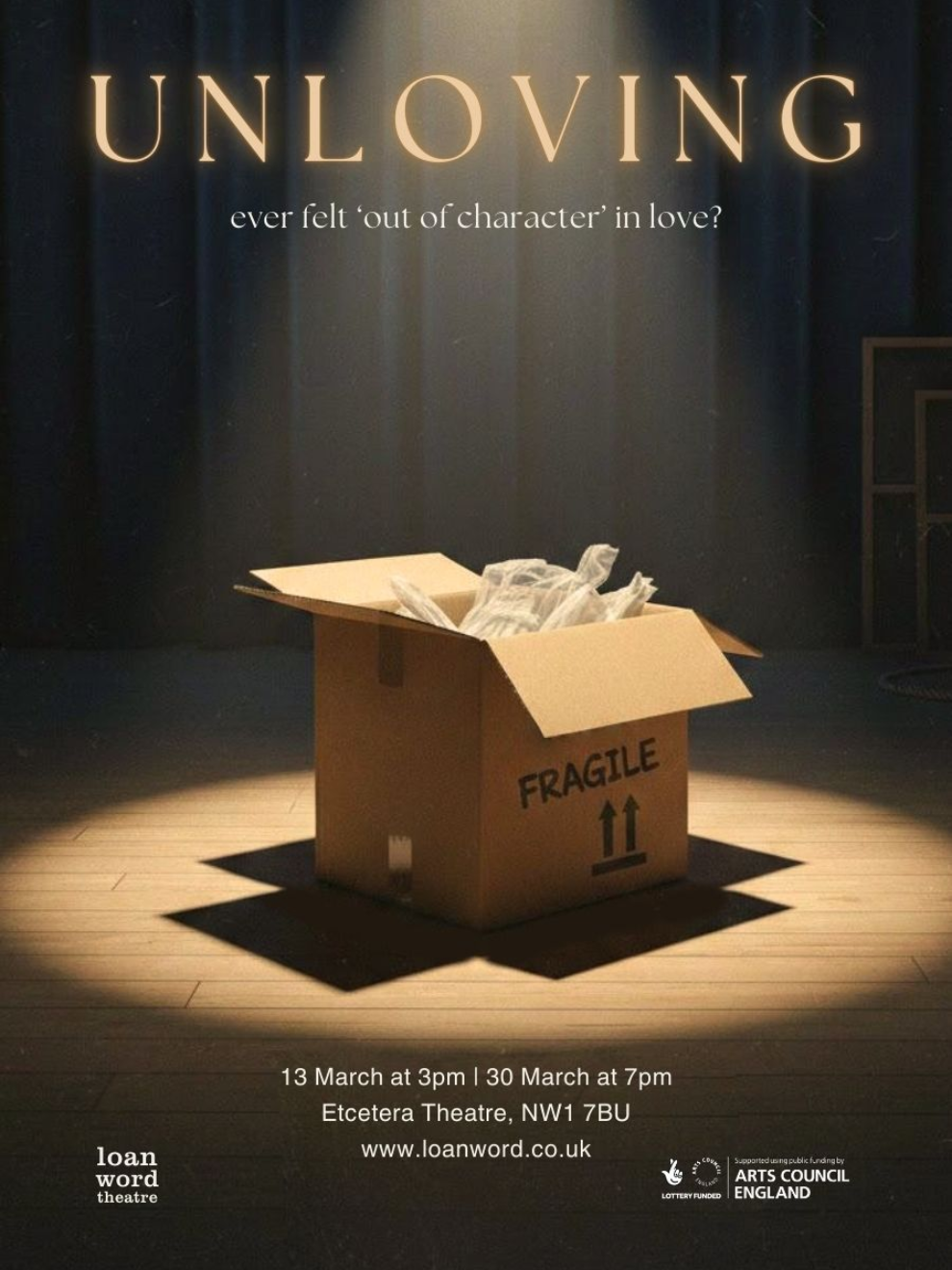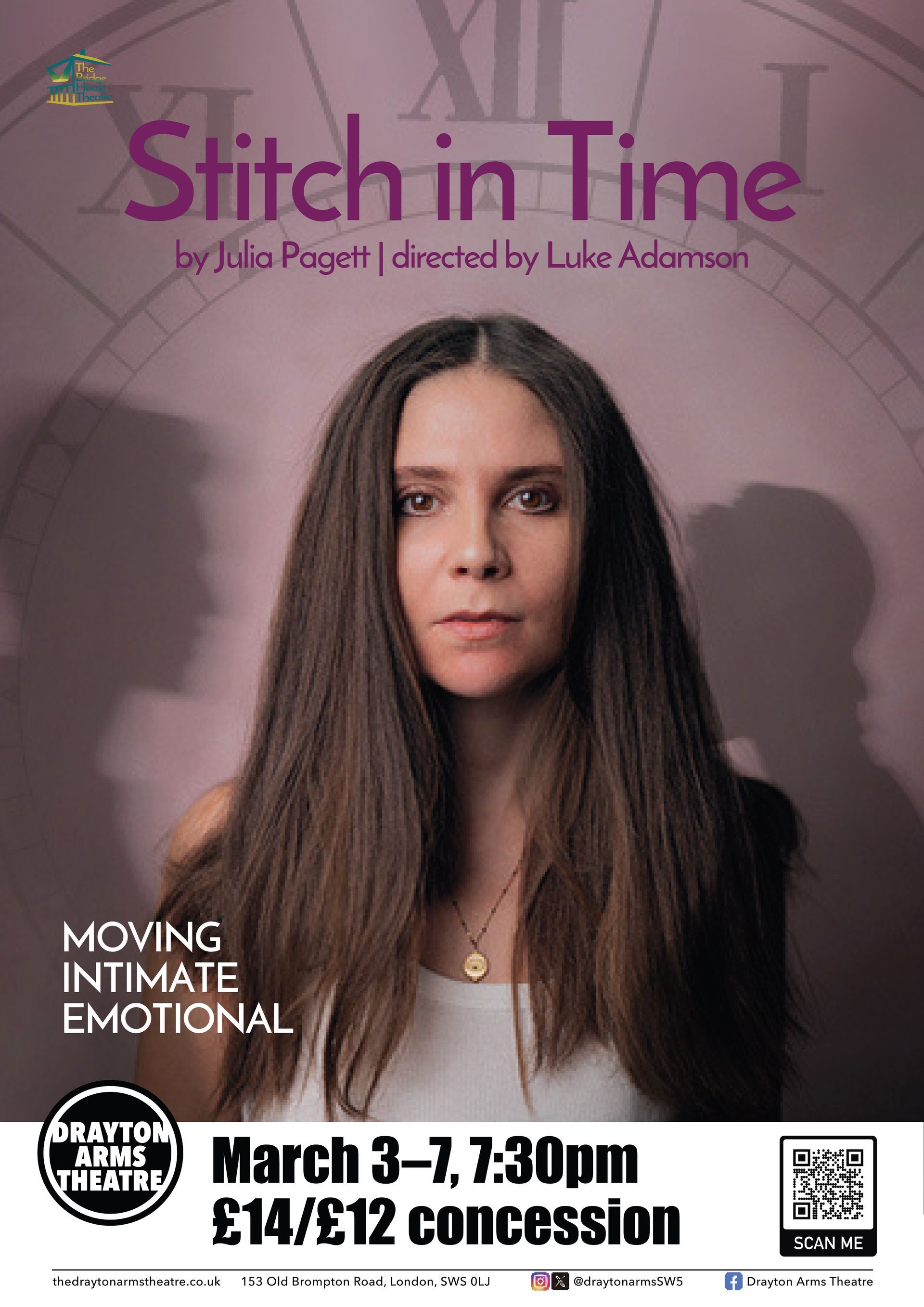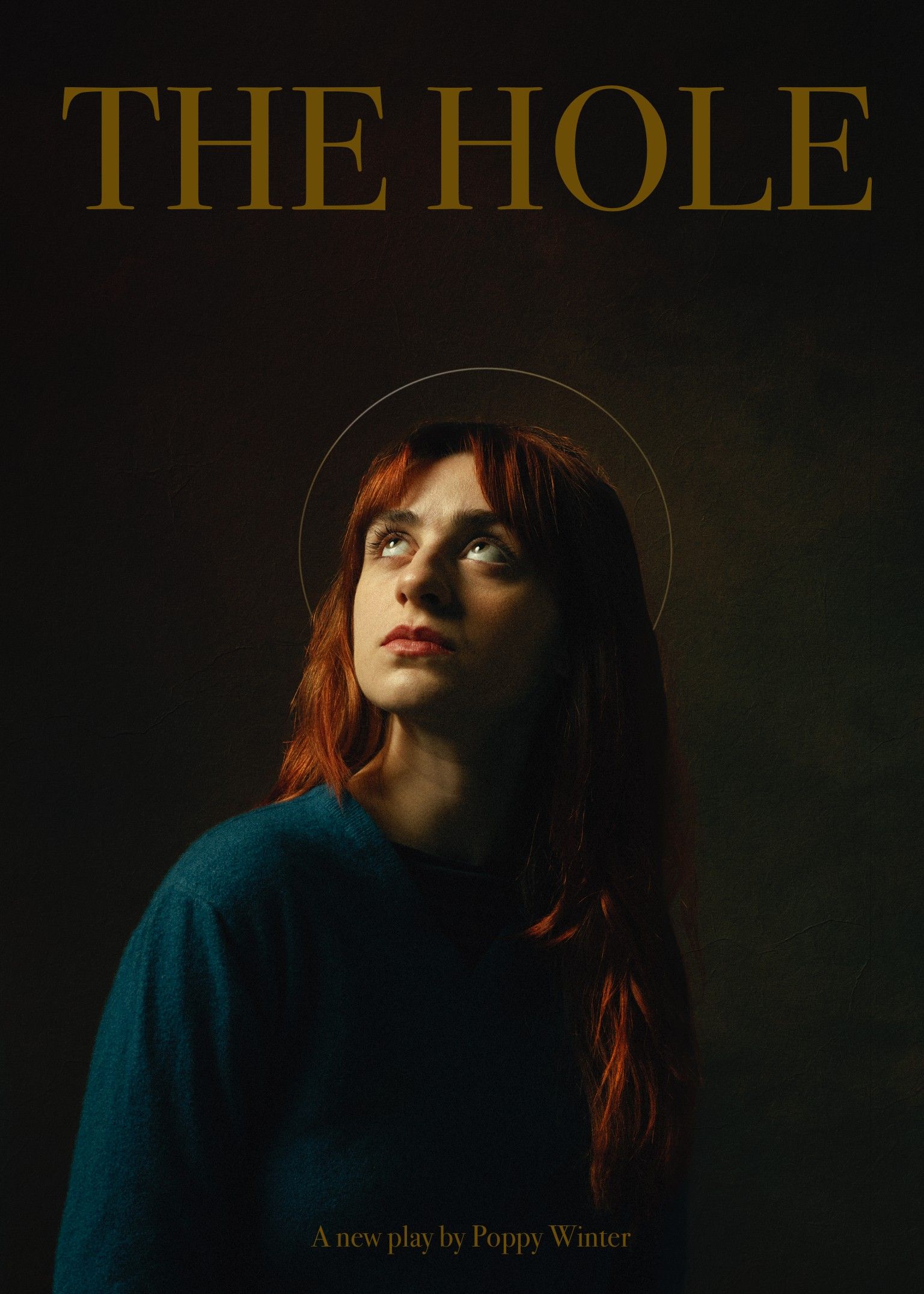REVIEW: WILKO: Love and Death and Rock 'n' Roll at Southwark Playhouse 20 Mar – 19 Apr 2025
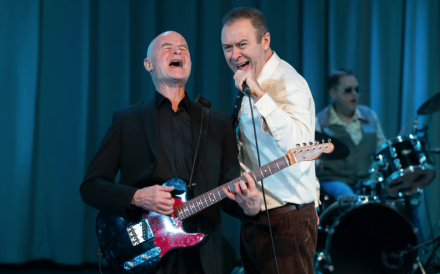
'Willis commands the stage, and the four-person ensemble backs him solidly at every turn, however …‘ ★★★
Let me kick this off by saying three things.
One, this show is beautiful to look at and listen to. It's a masterclass in how to weave together theatre and gig aesthetics.
Two, every performer in this is excellent. Many an actor has been asked to sing a little, or play a bit of guitar on stage—but few are asked to emote their hearts out while also performing what is, essentially, a mini tribute concert of some of the last century's most beloved rock songs. Wilko's cast pulls this off with flair to spare.
Three, I am probably the last person in the world qualified to give an opinion on 70s pub rock. The Southwark's auditorium was filled with original fans of Wilko Johnson, Dr. Feelgood and co., ones who demonstrated far more knowledge of the play's subject than me. The man on my left was pointing out when the bass line was too quiet; the man on my right was pleased that the show had finally changed its staging to a more concert-like style. Wilko's son Simon was in the audience, as was his former band mate Norman Watt-Roy, and both approved of how this production had chosen to tell the guitar legend's life story.
However.
Wilko: Love and Death and Rock 'n' Roll markets itself like this:
‘In 2012, Wilko Johnson (…) was told he had inoperable cancer and a year to live. Refusing all treatment, he decided to spend his last months living meaningfully: seeing the people, places and things which meant most to him during his remarkable life. Then, a miracle happened…’
That sounds like a play about a man learning to love life because he's facing death; the true story of someone who famously had a one-last-hurrah tour and was then forced to inform the world that he was not, after all, dying. That's a fascinating story—that's a character arc I'd love to see.
That is not, however, quite what this production is.
Although the play starts off with Wilko's cancer diagnosis, the first act uses this only as a reason to retell the rock legend's life before that point—death as a chance to summarise for the audience his school days, his busking, his first band, his marriage. We don't see him actually living with the diagnosis until the second act. That means the first half has a curiously tame, old-fashioned structure, leading us step-by-step through biographical highlights. It is, admittedly, a good excuse to play some of Wilko's greatest hits, to audience acclaim. But these performances clash strangely with the tone of the surrounding scenes, where director Dugald Bruce Lockhard leans heavily into tinkling music, romantic birdsong and softly rushing waves. It's the type of show where the lead couple—Johnson Willis as Wilko and Georgina Fairbanks as Irene—are supposedly madly in love, but never do more than sedately embrace under a flattering spotlight.
It's also the type of show where the wife, long dead, appears to her husband in a hallucination and tells him sweetly not to worry about all the cheating, betrayal, neglect—he's a complex person, and that's why she loved him after all. That's a tough relationship message to get across, and it requires a defter hand than the one used here.
The second act actually tackles Wilko's life while living with cancer, and it has more meat. Johnson Willis, fantastic as the titular character throughout, clearly relishes his role here, and pulls off some excellent monologues about life and death and Japanese spirituality. "I try to accept my insignificance,’ he sighs. ‘Not easy for a rock god.’ Willis commands the stage, and the four-person ensemble backs him solidly at every turn. But even here, the exploration of Wilko's psychological journey feels either perfunctory—reflections hacked off too soon—or on the nose and glib. ‘This is like A Christmas Carol,’ Wilko explains, before the ghost of his old bandmate shows up to teach him that he was inconsiderate and rude. Maybe it is. But the play's own pitch promised something darker and more interesting.
Fans of Wilko Johnson as a musician have plenty to enjoy here. Audience members wishing for a psychological exploration may leave less satisfied.
Photo credit: Mark Sepple
Cast
Wilko Johnson: Johnson Willis
Irene Knight: Georgina Fairbanks
Sparko: Georgina Fields
Lee Brilleaux: Jon House
Big Figure: David John
Creative Team
Director: Dugald Bruce Lockhard
Writer: Jonathan Maitland
Designer: Nicolai Hart-Hensen
Lighting Designer: James Stokes
Sound Designer: Simon Slater
Producer: Denise Silvey
Marketing & PR: Mobius Industries
